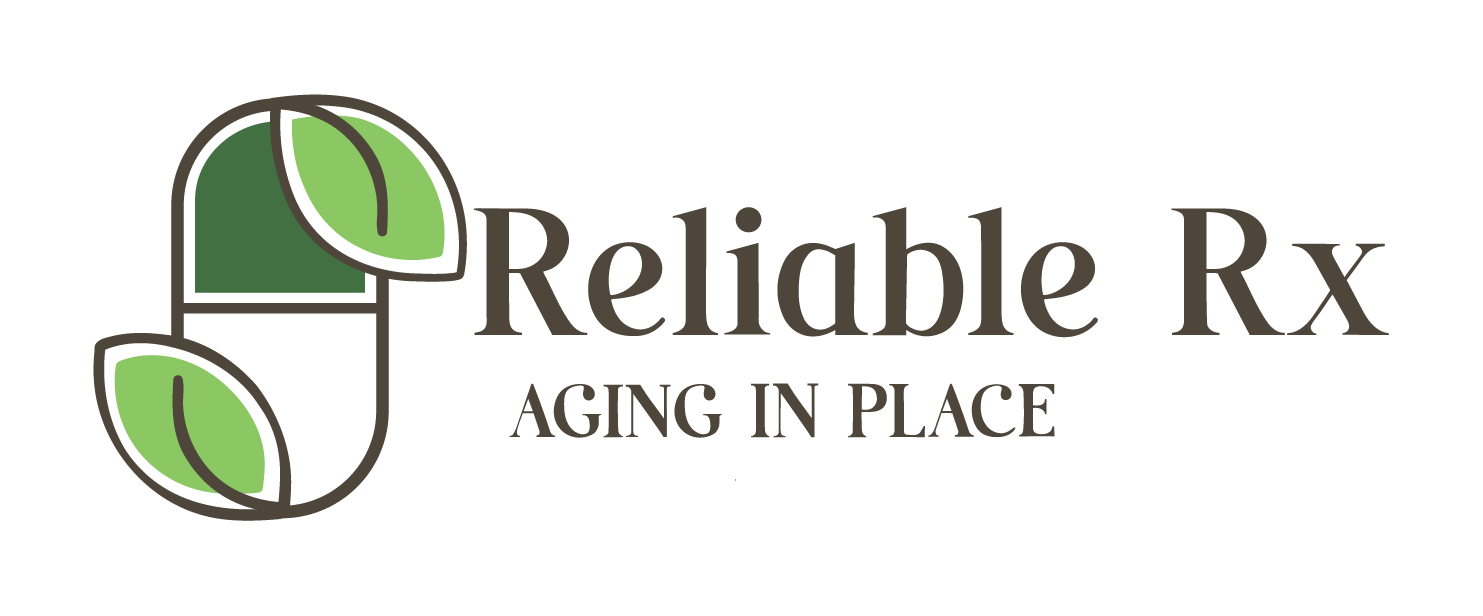Advocating for Your Loved One: Tips for Talking to the Doctor
- reliablerx513
- May 1, 2025
- 2 min read
When you’re caring for someone you love, medical appointments can feel like high-stakes events—especially when you're juggling medications, specialist referrals, or sudden changes in health. As a caregiver, you're more than just a companion at appointments. You're a voice, an observer, and an advocate.
Here are a few ways to make the most of every doctor’s visit and ensure your loved one’s health needs are being heard and met.
1. Prepare Ahead of Time
Before the appointment, take a few minutes to jot down:
A list of current medications (including over-the-counter and supplements)
Any new or worsening symptoms
Behavioral or emotional changes you've noticed
Questions or concerns you want to address
Bring a notebook or use a note-taking app so nothing gets forgotten in the moment.
2. Prioritize Your Questions
Appointments are often brief, so it helps to lead with the most pressing issues. Ask clear, direct questions like:
“What side effects should I watch for with this medication?”
“Is there a less expensive alternative?”
“How will this new medication interact with what they're already taking?”
Being specific helps ensure you get actionable answers.
3. Don’t Be Afraid to Speak Up
If something doesn’t feel right—whether it’s a new prescription or a treatment plan that seems off—ask for clarification. You can say:
“I’m not sure I understand—can you explain that again in simpler terms?”
“I’ve noticed some changes since starting the last medication. Can we discuss that?”
“Is it possible to involve a pharmacist to review all medications?”
You are the expert in your loved one’s day-to-day experience, and your input is vital.
4. Build a Relationship With the Doctor
Healthcare providers are more likely to listen when they feel you're working with them—not against them. Approach conversations with curiosity and collaboration. You might say:
“I appreciate all you're doing. My goal is to help support their care at home—what else should I be watching for?”
Being respectful and prepared sets the tone for productive communication.
5. Bring a Second Set of Ears When You Can
If you’re feeling overwhelmed, consider bringing another family member or friend to the appointment. Having someone else there to take notes or ask questions can make a big difference—especially when navigating complex treatment plans.
6. Follow Up After the Appointment
After you leave the doctor’s office, take a moment to review your notes and confirm:
Any medication changes or new instructions
Referrals that need to be scheduled
Any follow-up tests or appointments
Don’t hesitate to call the office later if questions come up. Many clinics offer online portals for messaging or appointment summaries.
Need Help Managing Medications?
At ReliableRx Pharmacy, we work directly with caregivers and healthcare teams to provide medication reviews, simplify complex regimens, and answer your questions—so you can focus on what matters most.
Contact us today at www.reliablerx.pharmacy or call 513-809-1122 for personalized pharmacy support.




Comments